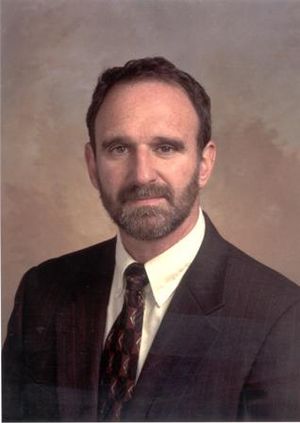Martin Hellman: Difference between revisions
No edit summary |
No edit summary |
||
| Line 13: | Line 13: | ||
[[Oral-History:Martin Hellman|Martin Hellman Oral History]] | [[Oral-History:Martin Hellman|Martin Hellman Oral History]] | ||
[[Category:Communications]] | [[Category:Communications|Hellman]] [[Category:Communication methods|Hellman]] | ||
[[Category: | |||
Revision as of 18:29, 9 February 2012
Biography
The development of public key cryptography by Whitfield Diffie, Martin E. Hellman and Ralph C. Merkle revolutionized the field of cryptography and has provided the security needed to enable safe commercial applications of the Internet. The trio’s work represented academia’s first contribution to what was once the research domain of government and military intelligence organizations. Whenever someone uses the Internet to make a purchase, submit personal information or needs to connect to a virtual private network, it is the security provided by public key cryptography that protects the sensitive data from prying eyes and enables the use of digital signatures to verify identity. Prior to the development of public key cryptography in 1976, the keys used to encrypt information needed to be exchanged over a secure, or private, communications channel before the encrypted information could be transferred over an insecure channel.
Drs. Diffie, Hellman and Merkle’s concept of public key cryptography allows the exchange to take place over the same insecure channel as the message itself without any secret prearrangement between the transmitter and receiver, creating many more avenues for secure communications. Their invention has enabled the proliferation of e-commerce over the Internet, an otherwise insecure communication channel, and has allowed electronic communications to replace a large portion of paper-based communications.
An IEEE Fellow, Dr. Hellman is Professor Emeritus of Electrical Engineering at Stanford University, Calif.
